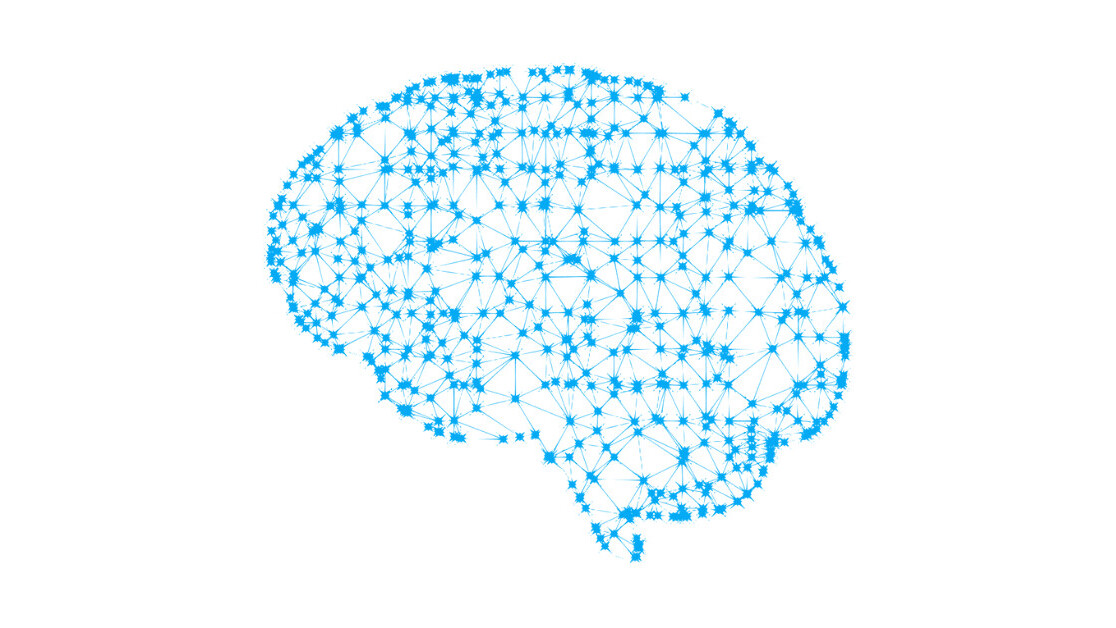OpenAI’s efforts to build an AGI that benefits humanity have earned plenty of plaudits and press coverage, but they’ve also further exposed the limits of techno-utopianism.
MIT Technology Review’s Karen Hao published a piece on the lab this week that depicts a company buckling under the weight of its grand ambition.
Over three days at OpenAI’s office, Hao discovered “a misalignment between what the company publicly espouses and how it operates behind closed doors”.
Changes at OpenAI
OpenAI was founded in 2015 as a non-profit, but last year it restructured as a “capped profit” company.
The lab claimed that this would attract the revenue it needed to fund its research while remaining true to its mission. But this has proven a difficult balance to maintain.
[Read: Remember that scary AI text-generator that was too dangerous to release? It’s out now]
In 2018, OpenAI published a charter detailed its realigned vision:
We will attempt to directly build safe and beneficial AGI, but will also consider our mission fulfilled if our work aids others to achieve this outcome.
The charter appears to have assumed an almost biblical quality. Religious references to the document abound through Hao’s piece. The text is “so sacred that employees’ pay is tied to how well they adhere to it” and CTO Greg Brockman recites it “like scripture”.
OpenAI’s charter attempts to add a deeper meaning to the lab’s work. But like other religious texts, it can also be twisted to fit a new narrative — in OpenAI’s case, the need to raise revenue.
Hao suggests OpenAI has become “obsessed with maintaining secrecy, protecting its image, and retaining the loyalty of its employees,” but stops short of dismissing its humanitarian mission.
The entire piece is worth a read, as Hao’s observations reflect wider concerns about balancing profit and purpose. Find it here on MIT Technology Review.
You’re here because you want to learn more about artificial intelligence. So do we. So this summer, we’re bringing Neural to TNW Conference 2020, where we will host a vibrant program dedicated exclusively to AI. With keynotes by experts from companies like Spotify, RSA, and Medium, our Neural track will take a deep dive into new innovations, ethical problems, and how AI can transform businesses. Get your early bird ticket and check out the full Neural track.
Get the TNW newsletter
Get the most important tech news in your inbox each week.






